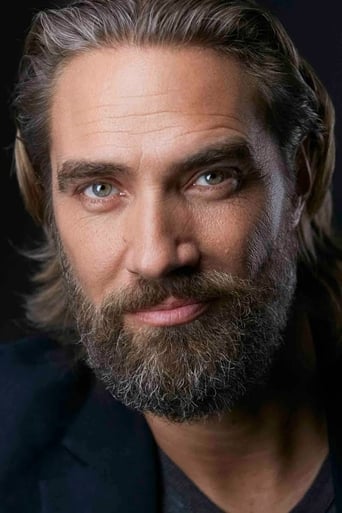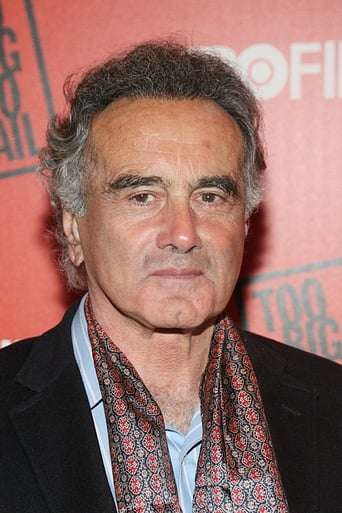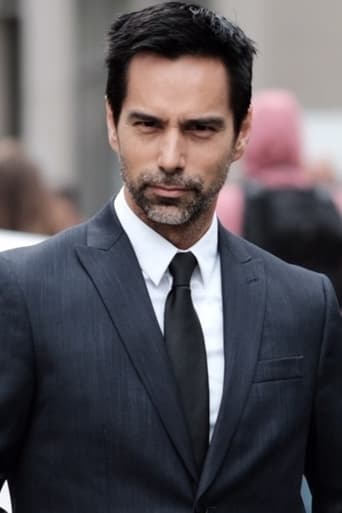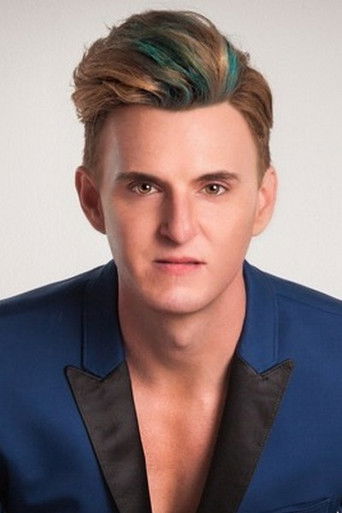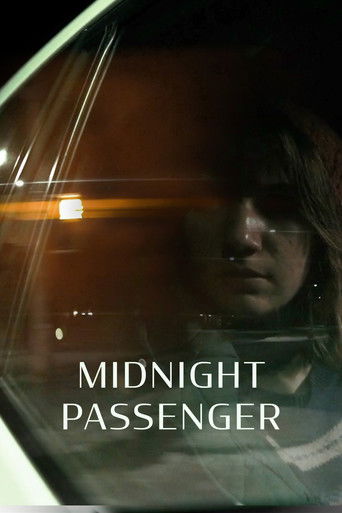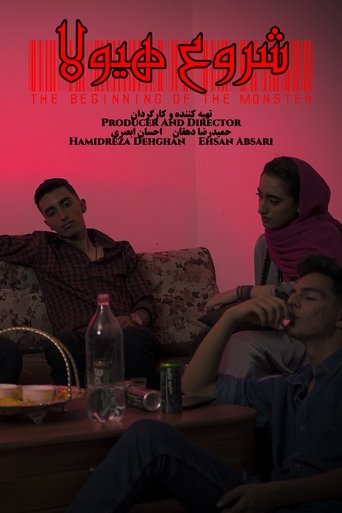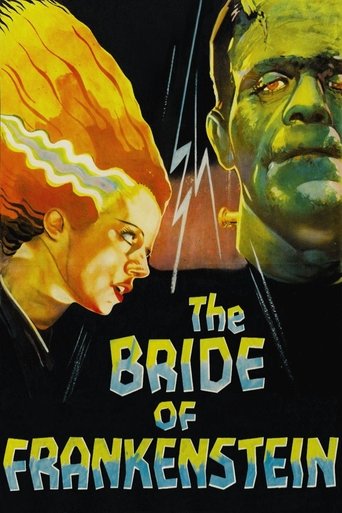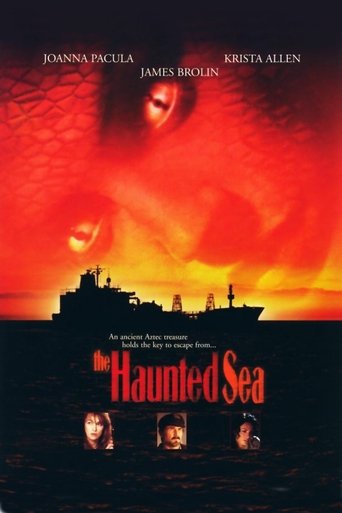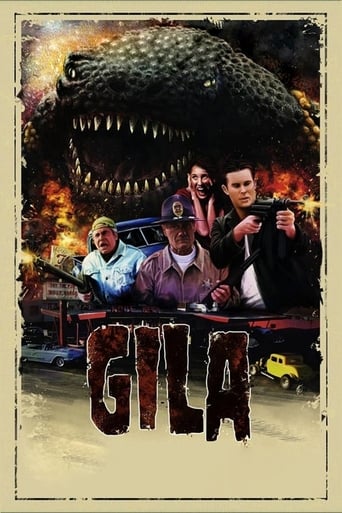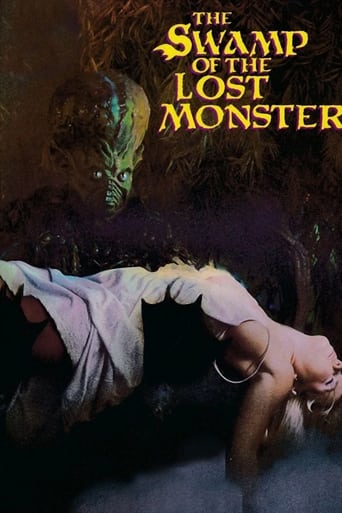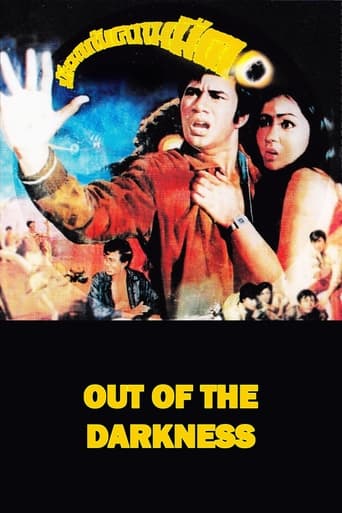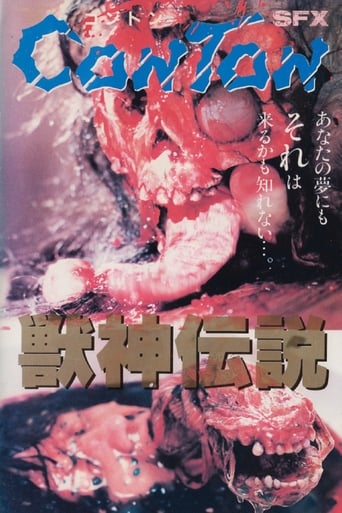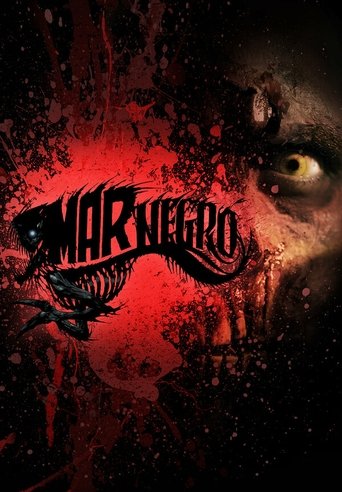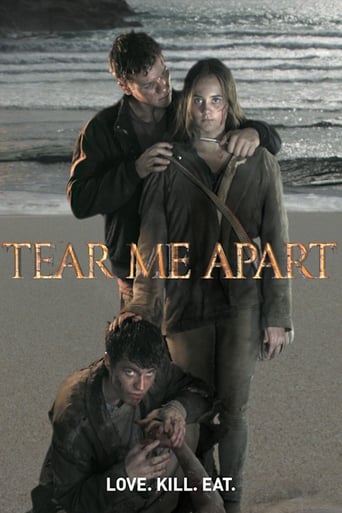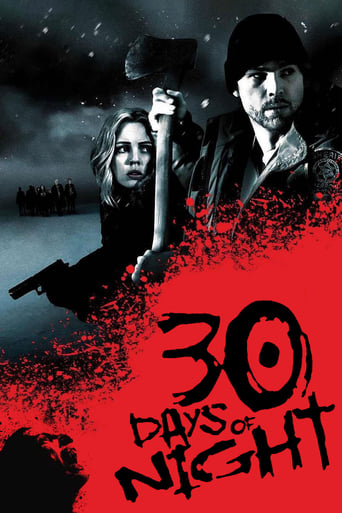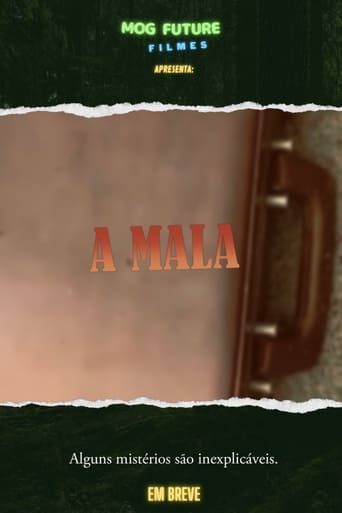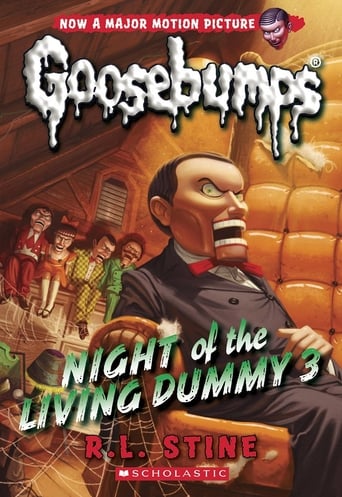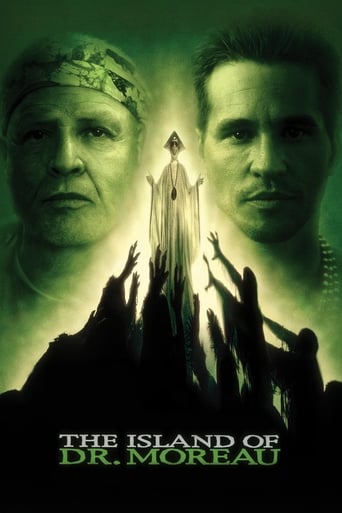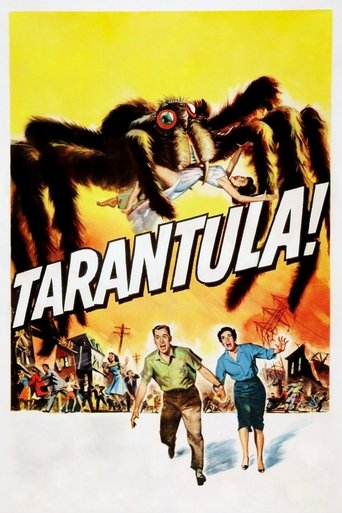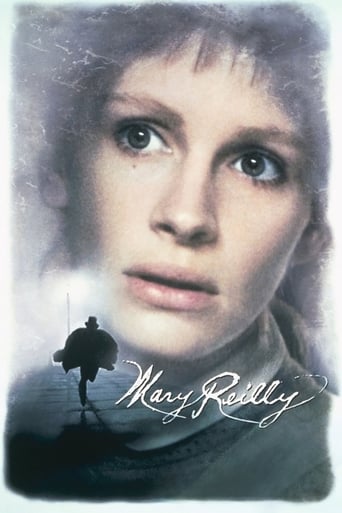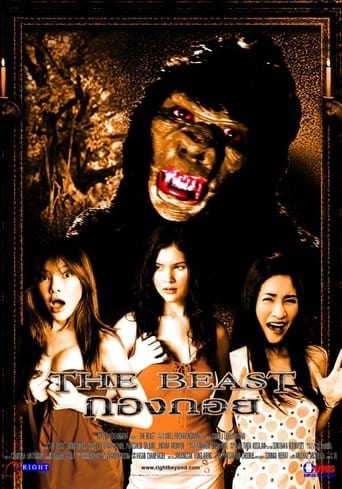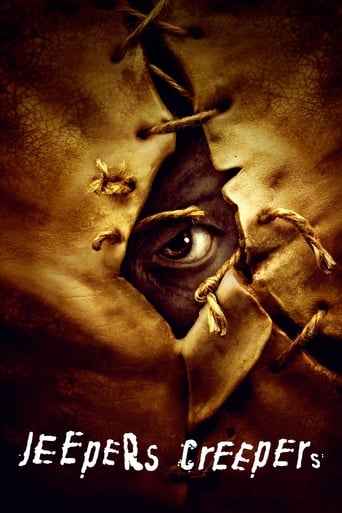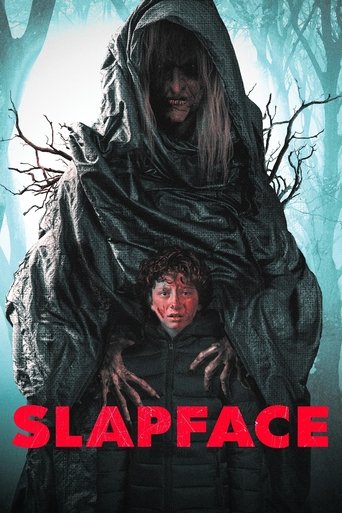
Slapface (2022)
A boy deals with the loss of his mother by creating a relationship with a dangerous monster.
- Jeremiah Kipp
- John Backstrom
- Nick Theurer
- Jeremiah Kipp
Rating: 6/10 by 53 users
Alternative Title:
Country:
United States of America
Language:
English
Runtime: 01 hour 25 minutes
Budget: $0
Revenue: $2,300,000
Plot Keyword: monster, grieving, brothers, horror
The title Slapface suggests a dumb horror flick like Slender Man or The Bye Bye Man; fortunately, nothing could be further from the truth. This atmospheric, intriguing film written and directed by Jeremiah Kipp is the antithesis of a Dead Teenager Movie, and while it revolves around a supernatural element, its true, underlying horror is sadly quotidian. More than just a horror film, Kipp has crafted a modern fable, and his allegorical approach takes what could have been a heavy-handed and opportunistic lecture and transforms it into an oblique and subtle message (at least right until the closing credits). At the center of it all is a performance by August Maturo that’s, well, mature beyond his 14 years of age. He is Lucas, an orphaned boy living in a cabin on the outskirts of a small town with his older brother and quote-unquote guardian Tom (Mike Manning), a functional alcoholic. Mike disguises his physical abuse of Lucas under the pretense of the titular “game.” Lucas is also tormented physically by “the twins” (Bianca D'Ambrosio and Chiara D'Ambrosio), and emotionally by their friend Moriah (Mirabelle Lee), who’s either a victim of peer pressure or a sadistic little bitch. This is a decidedly character-driven story, shot on locations that are both realistic and ethereal (the spooky autumnal woods of Newburgh, New York are a character in their own right). Even the “Monster,” played by actor Lukas Hassel in prosthetic makeup, is spared a GCI status. Now, making a literal monster out of bullying (if this is indeed Kipp’s intention) – might seem too transparent a choice (and the closing caption sort of defeats the purpose of making an allegory in the first place) , but it’s not as simple as all that. Slapface’s monster isn’t a one-dimensional beast like the ones in, say, A Quiet Place – I’d even go so far as to say that it has quite a bit in common with Frankenstein’s creature, and its ambiguity cleverly parallels Moriah’s treatment of Lucas. The film’s conclusion is not exactly optimistic, but at least it’s not the obligatory shot suggesting that the evil will continue.







